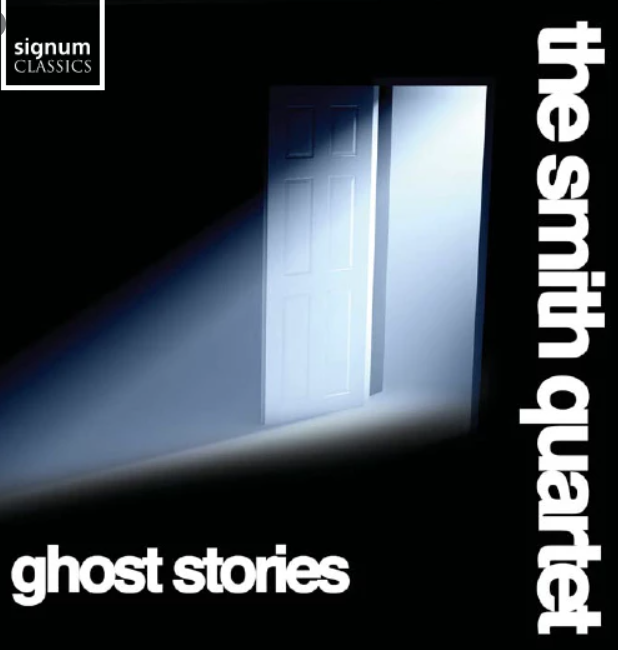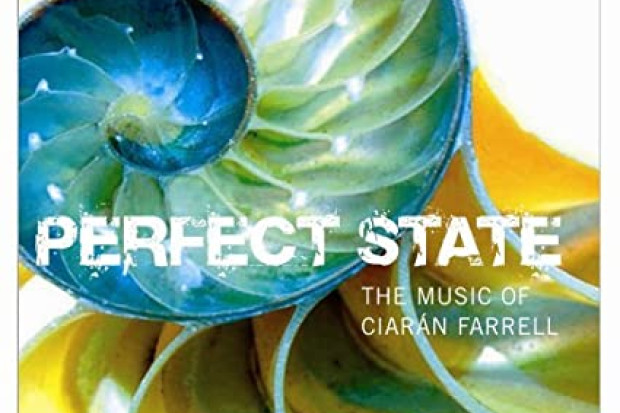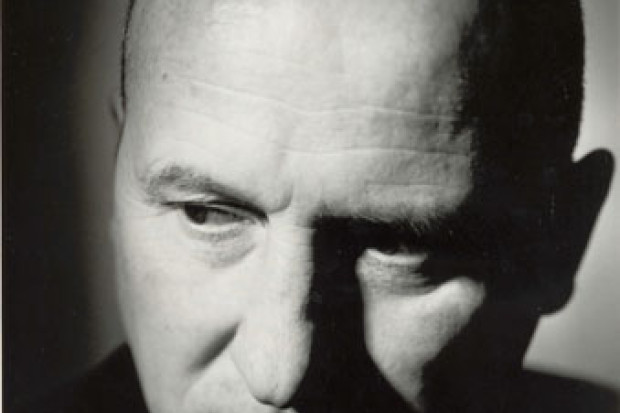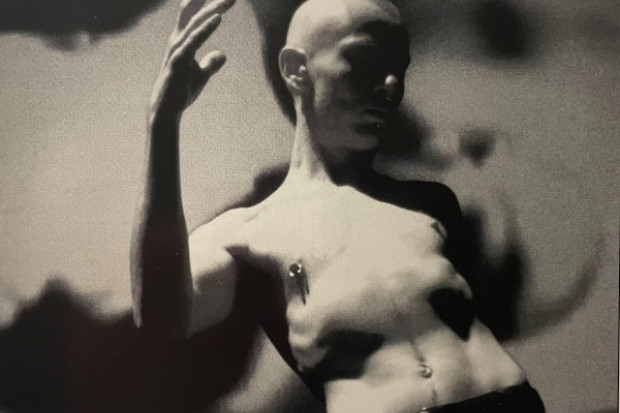
Ghost Stories by The Smith Quartet
CD Reviews: The Smith Quartet – Ghost Stories
The past, or more accurately, perhaps, the act of passing – into time, into immortality, into anonymity, but always, inescapably, into death – lies at the heart of this visceral new offering from The Smith Quartet, currently artists in residence at Belfast’s Sonic Arts Research Centre.
An often compelling blend of live ensemble and electronics, it is not always an easy listen, such is the rawness of the emotion on display. In performance, the late Tim Souster’s Hambledon Hill features the players sitting in a closed circle surrounded by two larger rings of loudspeakers to mimic the concentric circular construction of the eponymous Iron Age fort in Dorset that the 15-minute work depicts. Thought to have been an ancient mortuary, the composer described its atmosphere as ‘both barbaric and melancholy’.
The resulting musical portrait evokes rather than describes this curious 5,000-year-old portal and the decay it has suffered through time, and follows its own circular progression from high to low and back to high again with consequent alterations in the harmonic and melodic language and constant variation in instrument groupings. The result is a series of sinuous contours vitally realised by the quartet.
Three versions (the original text and two subsequent translations) of the anonymous ninth century poem The Old Woman of Beare feed into Michael Alcorn’s one-movement setting, which necessarily includes a narrator. That proves to be the weakest element, with Annie McCartney crisp and precise but young-voiced, curiously detached from Alcorn’s score and missing the fierceness and bitterness that colours the self-regarding lament.
Gavin Bryars provides longtime collaborators The Smith Quartet with a shortened version of his haunting depiction of The Sinking of the Titanic. Curiously the result feels less concentrated than in the full-length version but retains its capacity to move. Incorporating the speaking voices of two survivors of the tragedy and quoting Autumn, the Episcopal hymn played by the ship’s band as it slipped into the Atlantic depths, Bryars has fashioned a deeply poignant, compassionate work, shot through with bittersweet beauty adroitly captured in the Smith’s understated playing.
James MacMillan’s Memento and Stephen Montague’s String Quartet No. 1, in memoriam… pay tribute to lost friends: the first a slow, delicately etched, miniature calling on the heterophony of Gaelic psalm-singing in the Hebrides, the latter an extended meditation in which white noise is used as a simile for ‘Life’s last breath’ with thematic and harmonic quotations from Barry Anderson’s Arc and Tomasz Sikorski’s Holzwege (‘Paths to Nowhere’), both of whom it salutes.
A maelstrom of broken splinters and jagged shards of often discordant noise punctuated by moments of pregnant quiet, it pits the quartet, by turns tentative and tumultuous, against the encroaching clamorous murk of death to startling and coruscating effect and is superbly realised here in a vividly muscular performance.
Published on 1 November 2007
Michael Quinn is a freelance music and theatre journalist based in Co. Down.













